Boondocking in the UK: Your Free‑Camping Shortcut
If you love the open road but hate paying for pitches, boondocking is the answer. It means parking your motorhome off‑grid and living like a nomad without a campsite fee. The freedom feels amazing, and the cost savings are real.
What exactly is boondocking?
Boondocking is simply camping wherever you can legally park – a rest area, a forest clearing, a quiet side road, or even a hidden beach. You bring your own water, power and waste solutions, so you don’t need hookups. In the UK it overlaps with "wild camping" and "stealth camping," but the key is staying low‑key and respecting the land.
How to find legal free spots
Start with public land that allows dispersed camping. Many Scottish wild‑camping rights let you pitch for a night on uncultivated ground. In England and Wales, look for state forests, like the Wisconsin‑style tips for US forests, that often have free areas you can use with permission. Beach lovers should check local council rules – some UK beaches let you set up a tarp at low tide, while others ban overnight stays.
Apps and GPS maps can show you rest stops, service stations, and designated motorhome parking zones. When you spot a potential spot, pull over, check signs, and make sure you’re not on private property. If you’re unsure, a quick call to the local council can save a fine.
Stealth camping tricks help you stay under the radar: park at odd hours, keep lights off, and avoid large, flashy setups. The "stealth camping UK" article warns that getting caught can mean a warning or a fine, so always be ready to move.
Water is a big concern. Fill up at a nearby supermarket, a campsite washroom, or a public pump before you head out. Many motorhomes have a 50‑litre fresh‑water tank – plan your days so you never run dry. For longer stays, consider a portable water filter and a small rain‑catching tarp.
Power options range from a solar panel kit to a small inverter running off your battery. The "12‑volt TV off a battery" guide shows you can watch TV without draining everything, as long as you manage your load and keep the engine running sparingly.
Waste disposal is non‑negotiable. Always use designated dump stations for grey and black water. If you’re in a remote area, store waste in sealed containers until you reach a proper facility. Leaving waste behind is a quick way to earn a bad reputation and possible legal trouble.
Safety comes first. Choose flat ground away from flood zones and steep drops. Keep a fire extinguisher, a first‑aid kit, and a charged phone. Let a friend know your route and expected return time, especially when boondocking in isolated spots.
When you arrive, set up a simple campsite layout: vehicle at the center, a tarp or small awning on one side, and a privacy screen if you’re close to a road. The "camping triangle" article reminds you that arranging your gear in a triangle can improve wind protection and make your space feel more secure.
Finally, respect the countryside. Pack out everything you bring in, avoid damaging vegetation, and keep noise low. The UK loves its green spaces, and responsible boondocking keeps them open for everyone.
With these tips, you can turn any quiet spot into a comfortable night under the stars, save money, and experience the true freedom of motorhome travel. Happy boondocking!
-
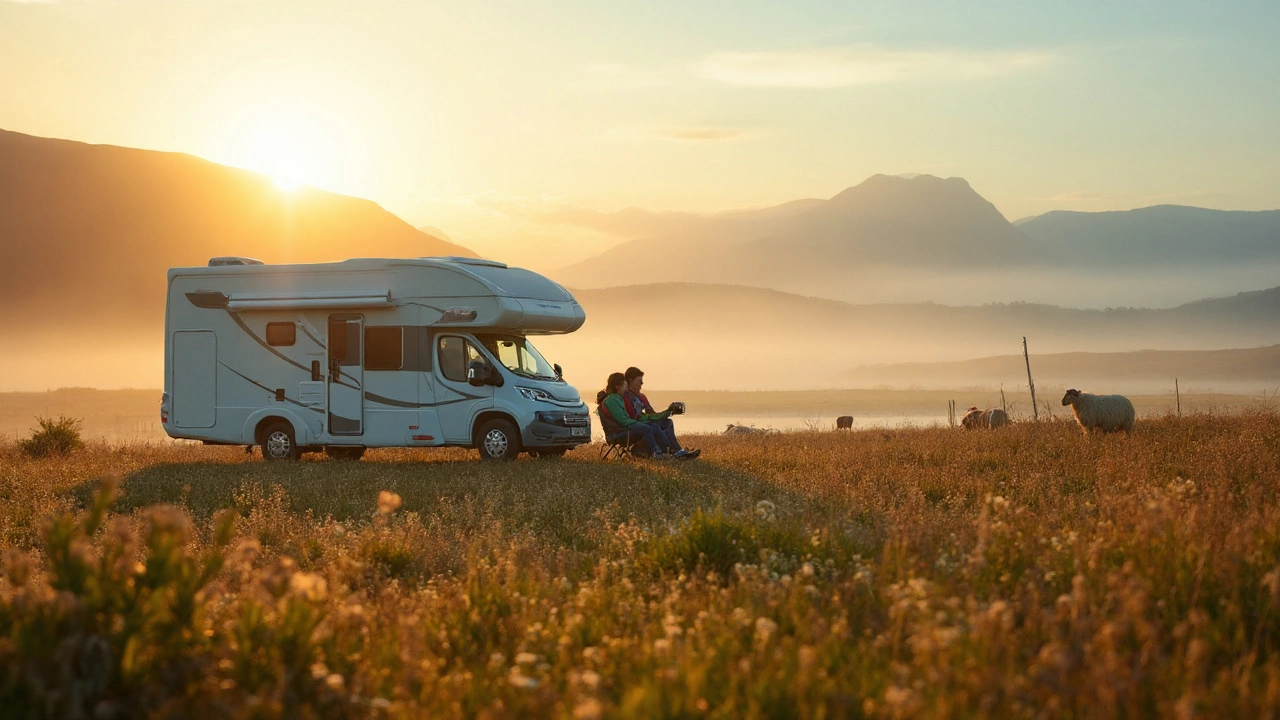 VIEW POST
VIEW POSTBoondocking Explained: Wild Camping for Motorhomes and Adventurers
Aug, 7 2025|0 CommentsCrack open the world of boondocking—what it is, why it rocks, and how to do it right with your motorhome. Get real tips, facts, and what you need to know. -
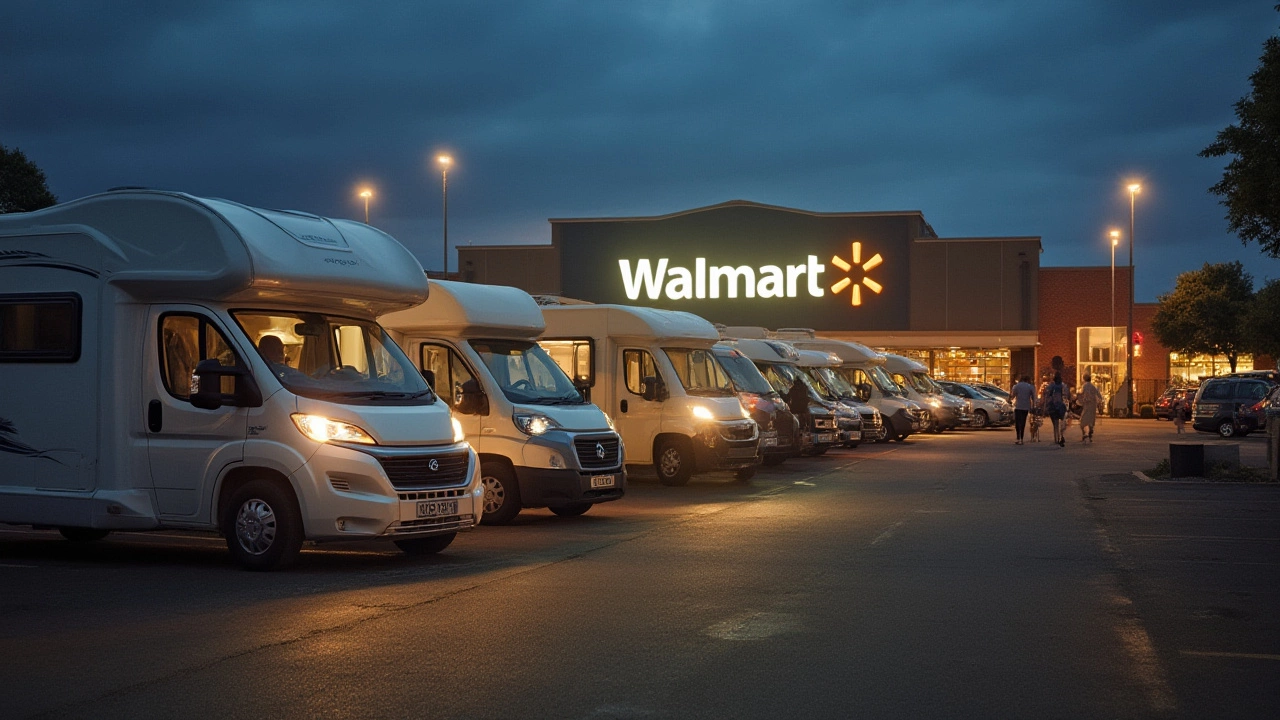 VIEW POST
VIEW POSTIs Boondocking at Walmart Safe? Essential Tips, Rules & Safety for RVers
Jul, 4 2025|0 CommentsCurious if it’s safe to boondock overnight at Walmart? Discover practical tips, real safety stories, and RV parking rules for hassle-free RV stays. -
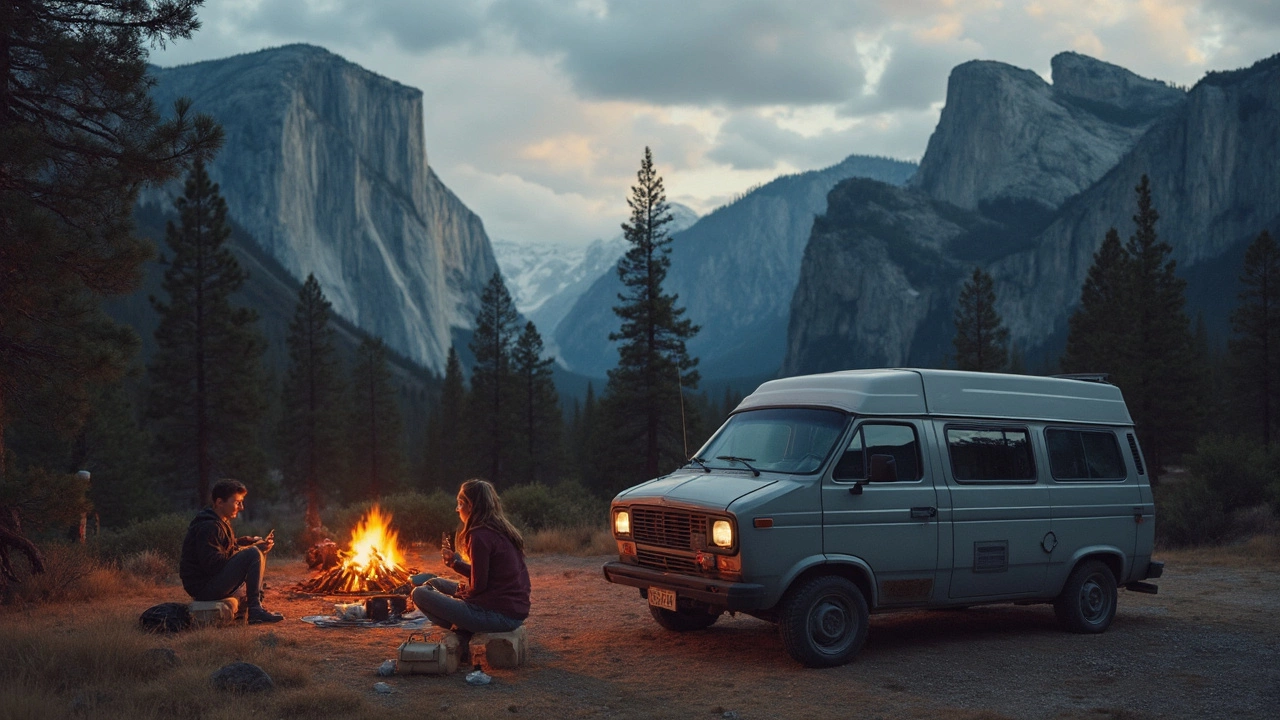 VIEW POST
VIEW POSTCan You Park a Campervan Anywhere in the US? The Real Deal Explained
May, 22 2025|0 CommentsWondering if you can just pull up and park your campervan anywhere in the US? The rules are more complicated than you might think. This article breaks down where you can and can't legally park your campervan, covers the differences between public and private land, and shares tips for finding safe overnight spots. You'll get the scoop on places that welcome campervans—and places where you'll get the dreaded knock. No more guessing or risking a ticket. -
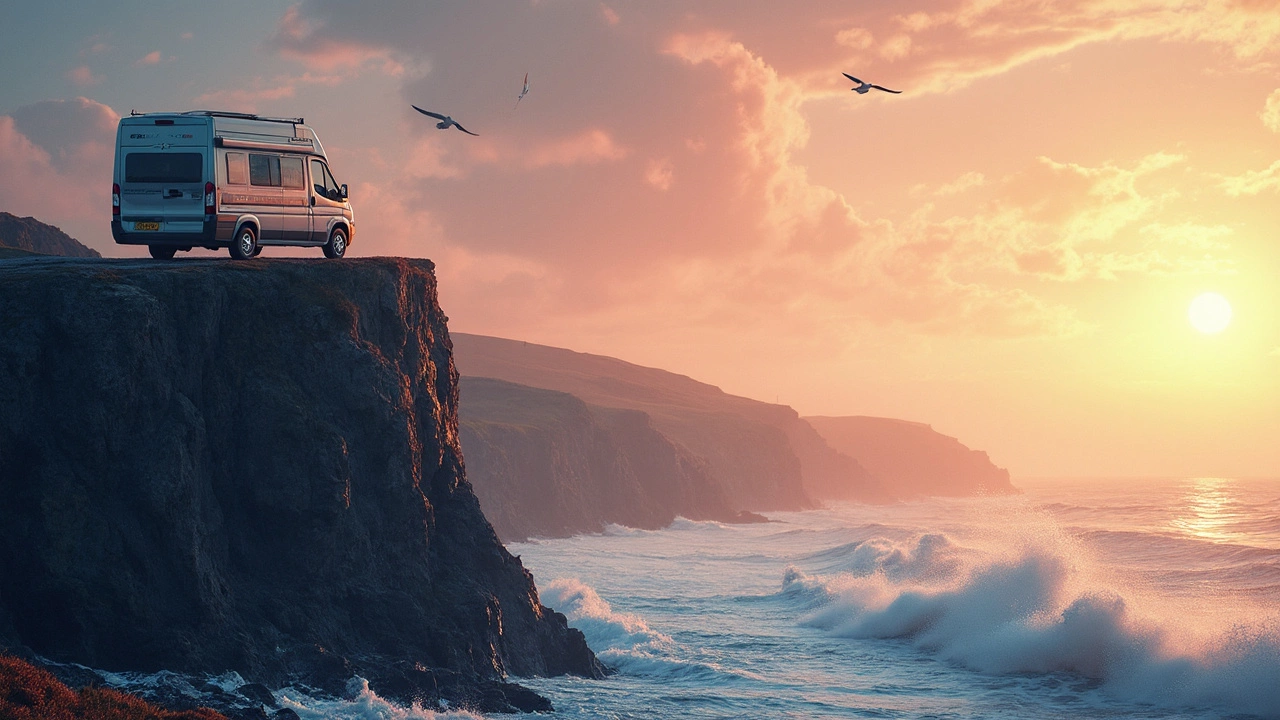 VIEW POST
VIEW POSTUnpacking Boondocking: Off-Grid Beach Camping Explained
Feb, 16 2025|0 CommentsBoondocking, also known as off-grid camping, offers adventure seekers the unique experience of camping in remote and undeveloped beach areas. This style of camping emphasizes self-sufficiency, as it involves camping without connections to utilities like water or electricity. It appeals to those craving solitude and a deeper connection with nature. Important tips include checking local regulations, ensuring proper waste management, and having a reliable power source. For beach lovers, boondocking provides an undistracted immersion in coastal beauty. -
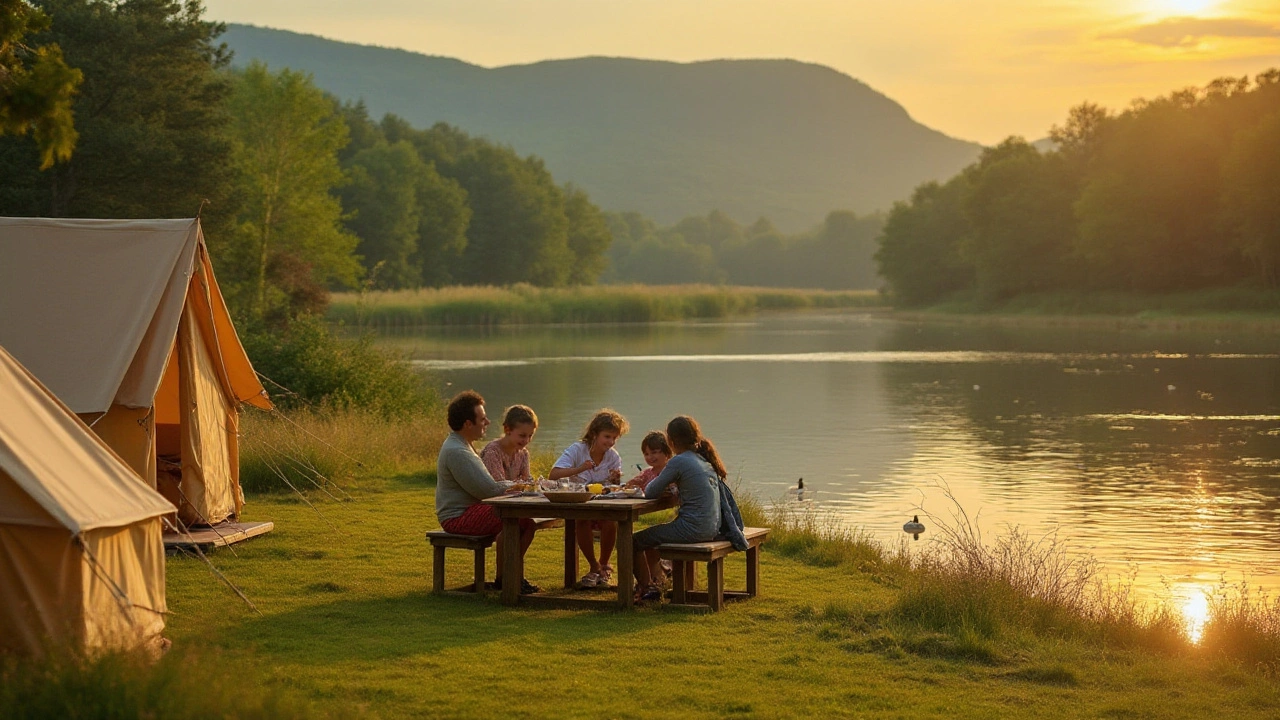 VIEW POST
VIEW POSTBoondocking vs. Camping in the UK: Key Differences Explained
Jan, 24 2025|0 CommentsBoondocking and camping may seem similar at first glance, but they offer distinct experiences for outdoor enthusiasts in the UK. While traditional camping involves staying at designated sites with facilities, boondocking invites a more rugged adventure, embracing off-grid locations with a focus on self-reliance. Understanding their differences can help adventurers choose the right experience in the stunning British landscapes. This article dives into the nuances of each activity, the benefits they offer, and tips to make the most of these experiences.